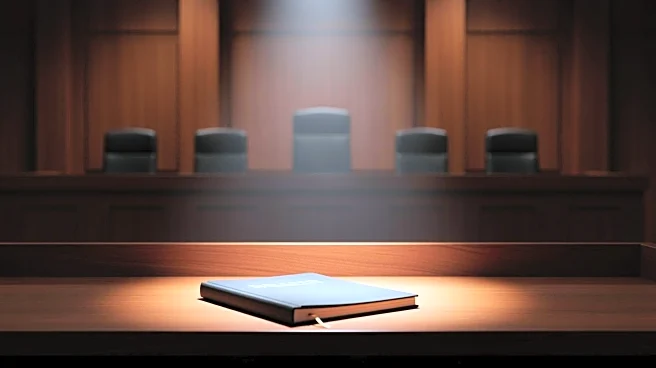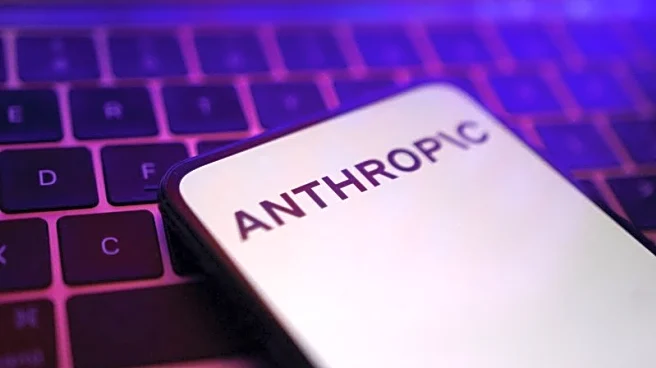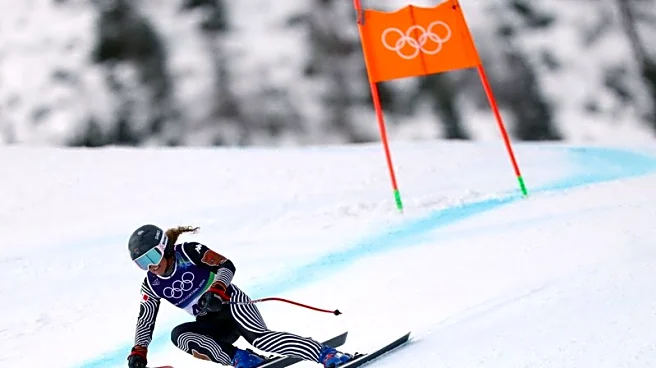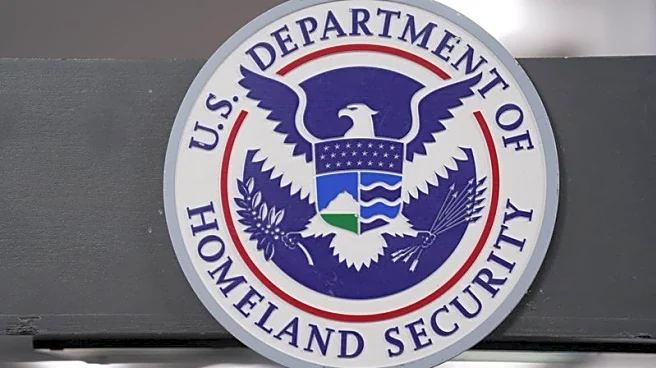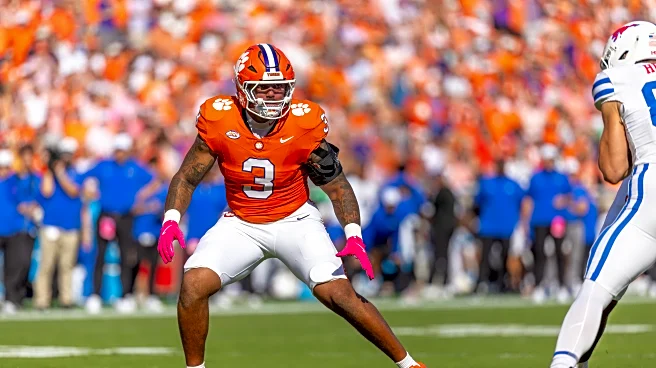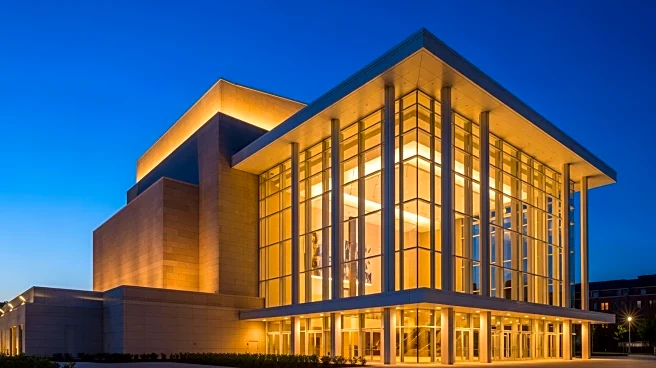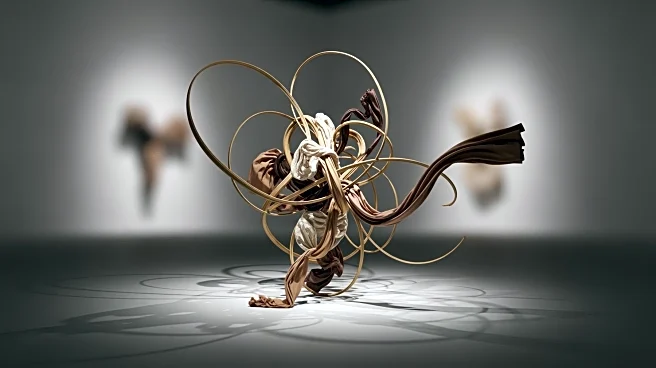What's Happening?
Rapper Tory Lanez's appeal against his conviction and 10-year sentence for shooting Megan Thee Stallion in the foot has been rejected by a panel of judges in Los Angeles. Lanez argued that errors were made during his trial over the 2020 incident, claiming
his sentence was too harsh. However, the judges found no miscarriage of justice and upheld the original verdict. Lanez was found guilty of three gun-related charges and has maintained his innocence. The incident occurred after an argument between Lanez and Megan Thee Stallion, leading to Lanez shooting at the ground and injuring Megan. The case has divided the hip-hop community, with some artists supporting Lanez.
Why It's Important?
The rejection of Tory Lanez's appeal reinforces the legal system's stance on gun-related violence and the consequences of such actions. It highlights the importance of accountability and justice in high-profile cases involving celebrities. The case has significant implications for the hip-hop industry, as it has sparked debates about violence, accountability, and the treatment of women in the music scene. Megan Thee Stallion's experience and testimony bring attention to issues of domestic violence and the challenges faced by victims in seeking justice. The outcome of the appeal may influence public perceptions and discussions around these topics.
What's Next?
With the appeal rejected, Tory Lanez will continue serving his 10-year sentence. The case may lead to further discussions and initiatives within the music industry to address violence and promote safer environments for artists. Megan Thee Stallion's defamation case against a blogger, who she accuses of spreading false narratives, is ongoing and may result in additional legal proceedings. The hip-hop community may continue to grapple with the implications of the case, potentially leading to changes in how artists and industry stakeholders address issues of violence and accountability.
Beyond the Headlines
The case involving Tory Lanez and Megan Thee Stallion highlights broader societal issues related to gun violence, domestic abuse, and the treatment of women in the entertainment industry. It raises questions about the role of celebrity influence in shaping public perceptions and the responsibility of artists to set positive examples. The legal proceedings and public discourse surrounding the case may contribute to long-term shifts in cultural attitudes towards violence and accountability, encouraging more proactive measures to support victims and prevent similar incidents.
